Malaysian Prime Minister Anwar Ibrahim has announced that his country is preparing to join the BRICS group of emerging economies. This information has received widespread public attention.
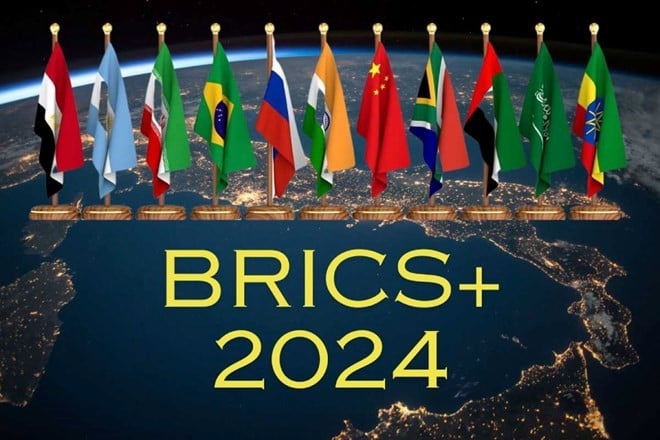 |
| Malaysia has become the next Association of Southeast Asian Nations (ASEAN) country to announce its intention to join BRICS, following Laos, Myanmar and Thailand in late May this year. (Source: BRICS TV) |
Researcher Shen Shishun of the China Institute of International Studies commented on the Global Times website.
Accordingly, Malaysia has become the next Association of Southeast Asian Nations (ASEAN) country to announce its intention to join BRICS - after Laos, Myanmar and Thailand at the end of May this year.
Most recently, on July 9, Malaysian Prime Minister Anwar Ibrahim said that the country's government has conducted many studies and assessments of the opportunities and challenges of becoming a member of the BRICS group.
As a trading nation with an open economy, Malaysia needs to diversify its international economic relations, avoiding being tied to one or a few economic powers.
The Malaysian Prime Minister affirmed: "Joining the BRICS group will help Malaysia expand and strengthen its economic-trade and investment cooperation network, bringing many benefits to the business community and people. Malaysia will have the conditions to expand new development space, especially participating in shaping the voice of developing countries in the South."
Regarding the roadmap for joining, Mr. Anwar admitted that it will take time for Malaysia to officially become a member of the BRICS group.
3 reasons
Meanwhile, ASEAN is a regional alliance of countries with strong influence, focusing on enhancing political, security, economic, cultural and social cooperation; while BRICS is a global cooperation mechanism including economics, trade, science and technology, agriculture, culture, education...
The two have different focuses, but at many levels they can complement each other and benefit each other. As the global influence of the two major organizations has grown, the two sides have demonstrated in recent years the potential and trend for cooperation at many levels.
According to author Tham The Thuan, there are three main reasons why some ASEAN countries are increasingly willing to join BRICS.
First, the group has brought clear benefits to some member countries with unique development models and growing international influence. From an economic perspective, the BRICS mechanism provides a mutually beneficial platform.
Currently, BRICS has 10 members, distributed in Asia, Europe, America, Africa and the Middle East. The total population is about 3.5 billion people, equivalent to more than 40% of the world's population; Gross Domestic Product (GDP) accounts for 36% of global GDP and 25% of world trade volume.
| According to the International Monetary Fund (IMF), BRICS currently accounts for 36% of global GDP in terms of purchasing power parity. In 2023, China's GDP is estimated to be more than $17.7 trillion, India's is more than $3.7 trillion, Brazil's is more than $2.1 trillion, Russia's is nearly $1.9 trillion, and South Africa's is $381 billion. The world's total GDP is about more than $100 trillion. |
In addition, member countries jointly promote regional cooperation through cooperation mechanisms such as the BRICS New Development Bank and have formed good development momentum.
Second, the desire of some ASEAN countries to join BRICS reflects their view of the current international situation as being able to effectively protect their development interests while promoting rapid development and establishing stable cooperative partnerships in the changing international economic and political environment.
Third, cooperation with BRICS countries can enhance international influence and serve as a model for “South-South cooperation”. Most ASEAN countries are developing countries, wishing to create a good external environment and have a voice in international affairs.
Existing challenges
It is worth noting that ASEAN countries face a number of challenges when joining BRICS, such as resolving the relationship between newly joined countries and current BRICS mechanism members or how to effectively integrate into the BRICS cooperation mechanism while still maintaining their own identity...
Not only that, given the unpredictable international political situation, ASEAN countries will carefully consider many factors in the process of joining the BRICS mechanism to ensure that their interests are not harmed.
Russian Foreign Minister Sergei Lavrov recently announced during a visit to Belarus that the group has decided to temporarily suspend membership and focus on the integration of new member states.
However, author Tham The Thuan affirmed that the ASEAN countries moving closer to BRICS is still a suitable choice in line with the trend of the times. This not only helps promote their own development but also helps the BRICS mechanism increase its influence in the global forum, the mutual attraction between the two sides is natural.
Source: https://baoquocte.vn/cac-nuoc-asean-ngay-cang-de-mat-toi-brics-lua-chon-phu-hop-thoi-dai-xuat-hien-thach-thuc-278744.html



![[Photo] Ho Chi Minh City speeds up sidewalk repair work before April 30 holiday](https://vstatic.vietnam.vn/vietnam/resource/IMAGE/2025/4/3/17f78833a36f4ba5a9bae215703da710)


![[Photo] Capital's youth enthusiastically practice firefighting and water rescue skills](https://vstatic.vietnam.vn/vietnam/resource/IMAGE/2025/4/3/3f8481675271488abc7b9422a9357ada)

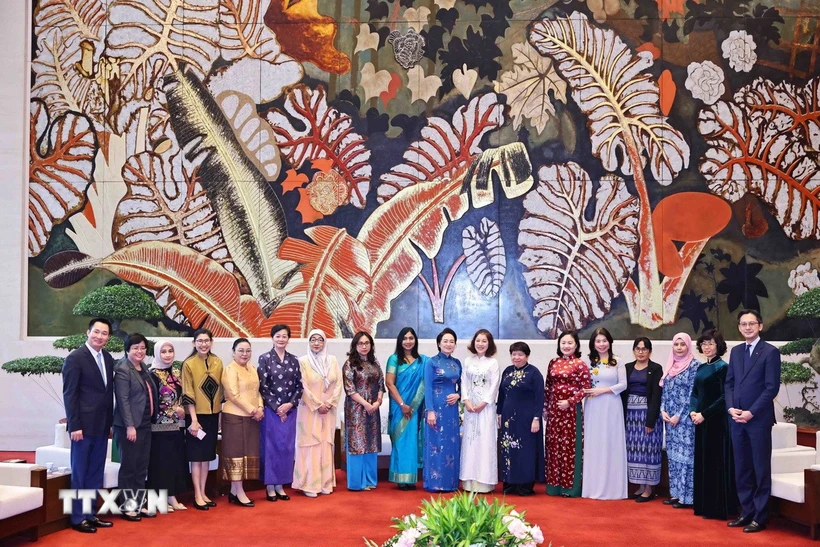

![[Photo] The National Assembly Chairman's wife had a friendly meeting with the ASEAN Community Women's Group](https://vstatic.vietnam.vn/vietnam/resource/IMAGE/2025/3/20/931c2aca02d8441d8cde642f3bcd16b1)

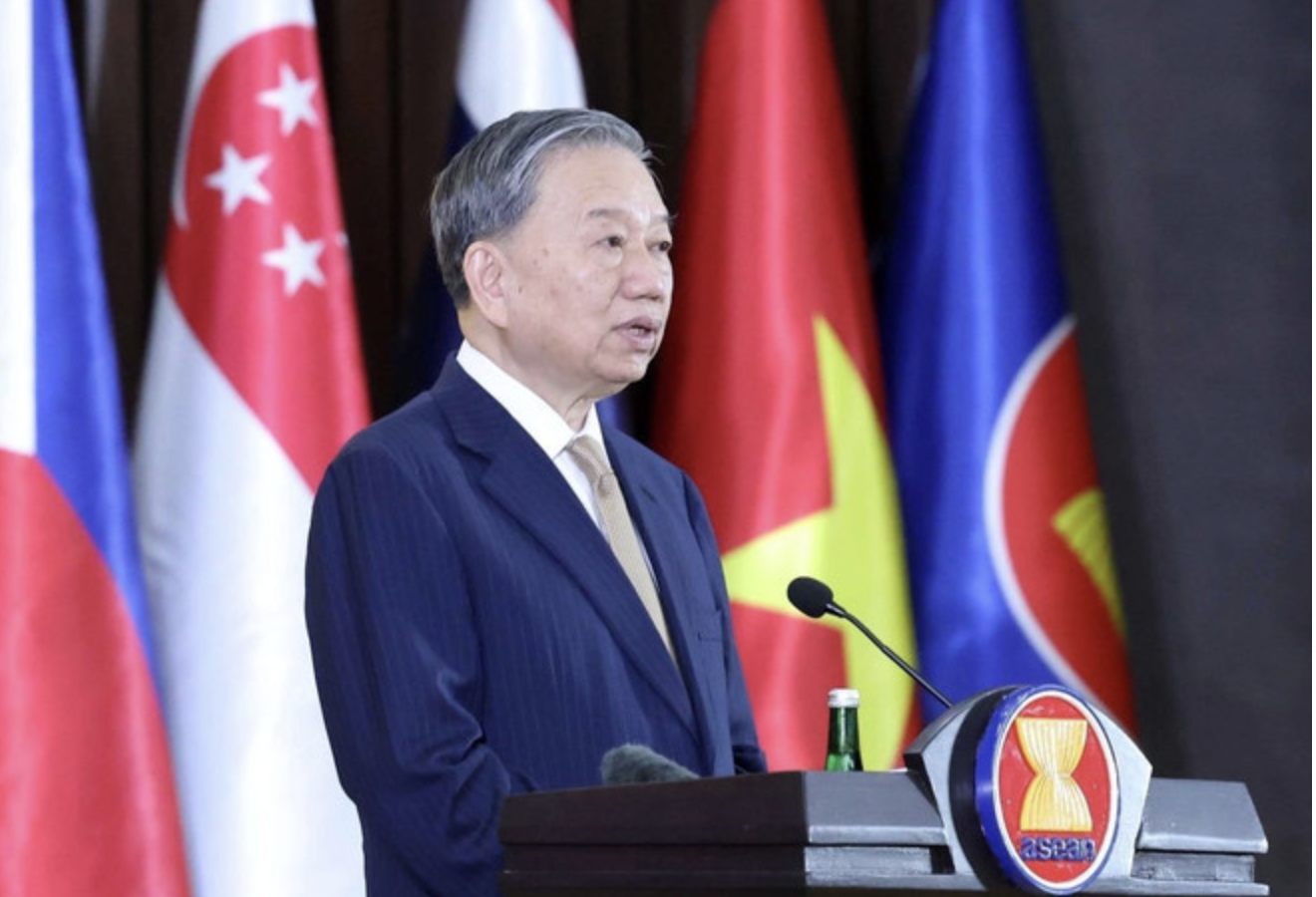
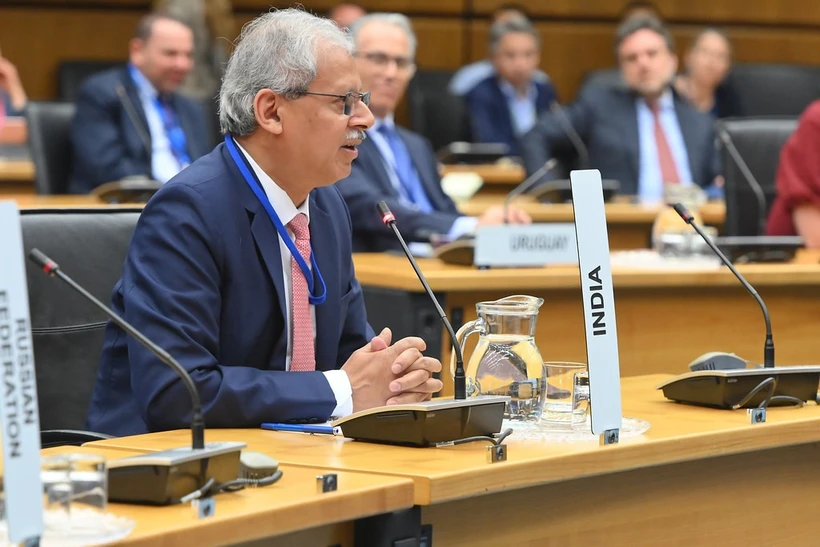
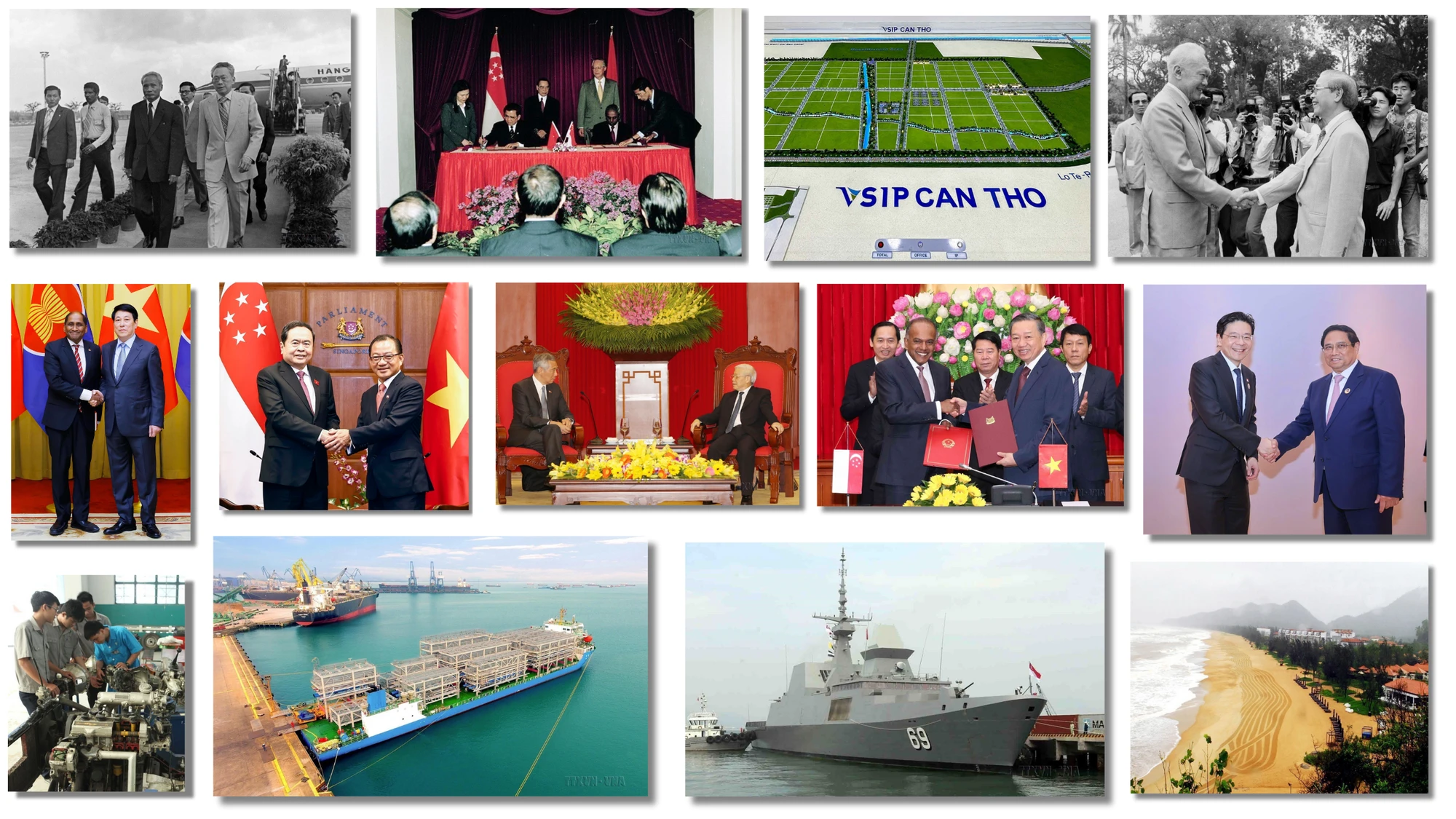




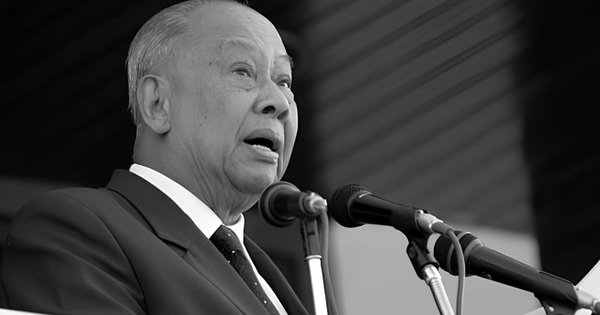
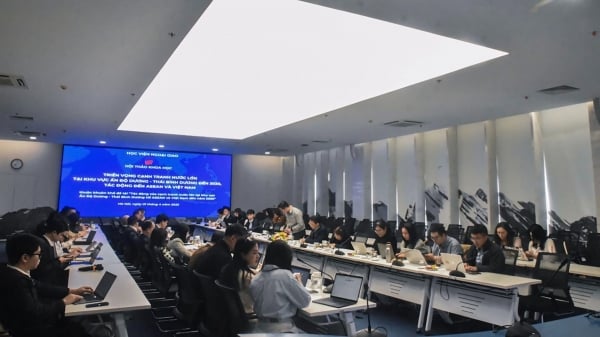
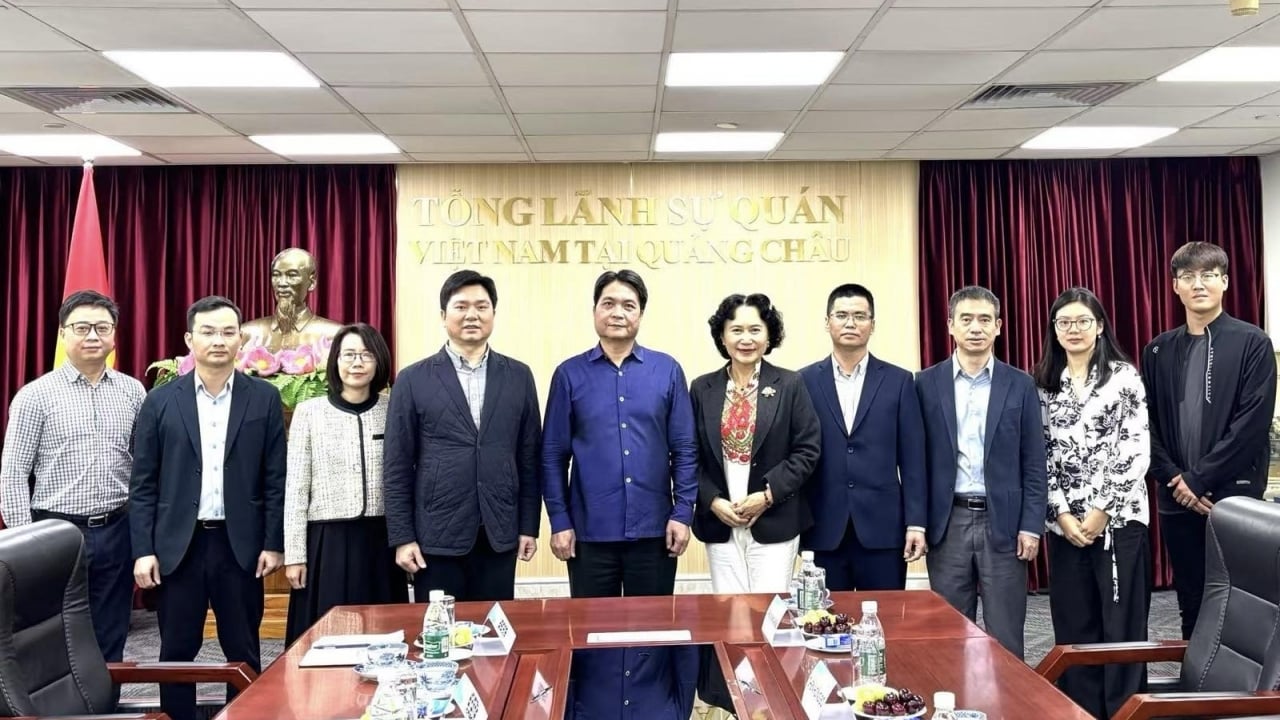








































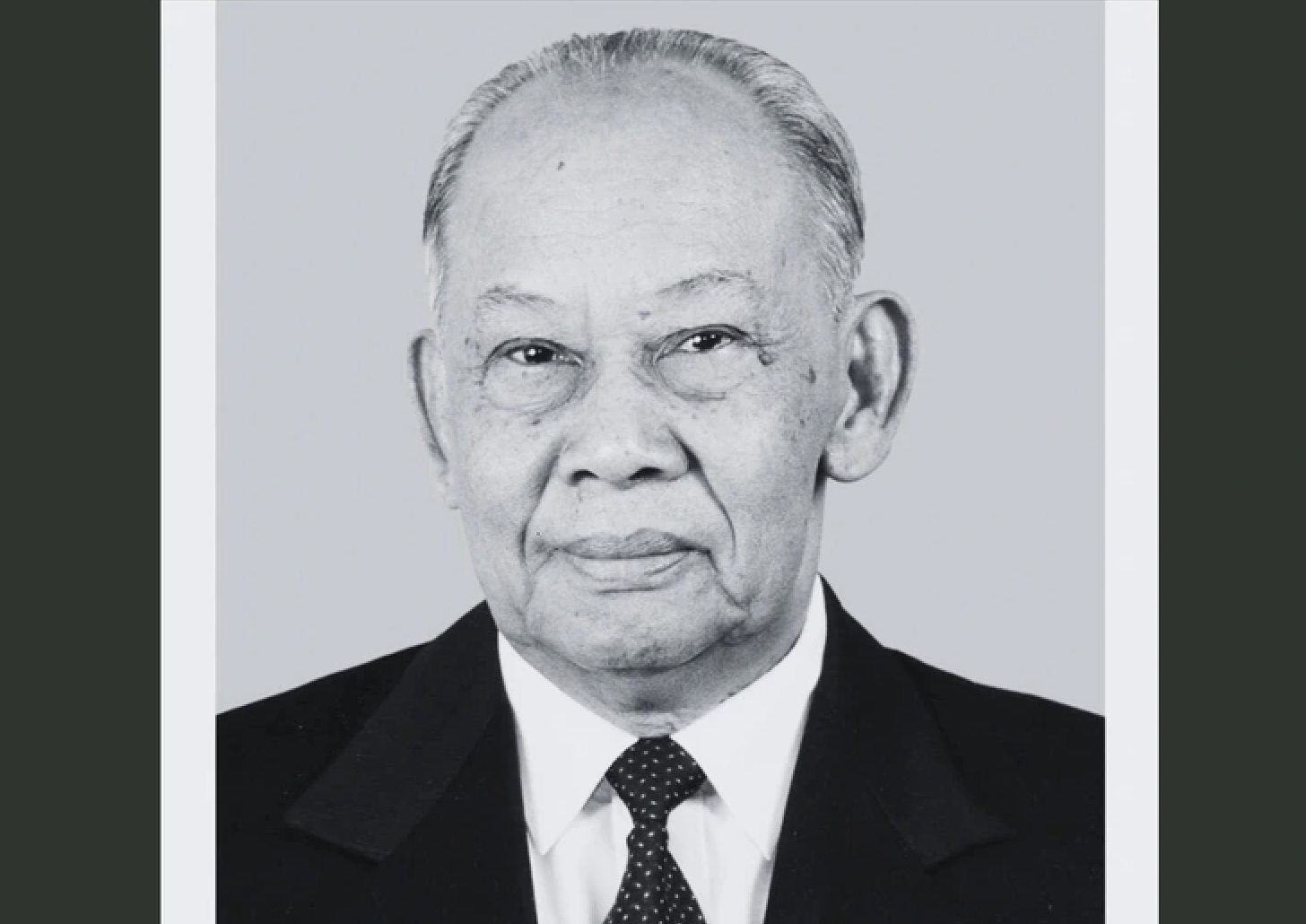
































Comment (0)